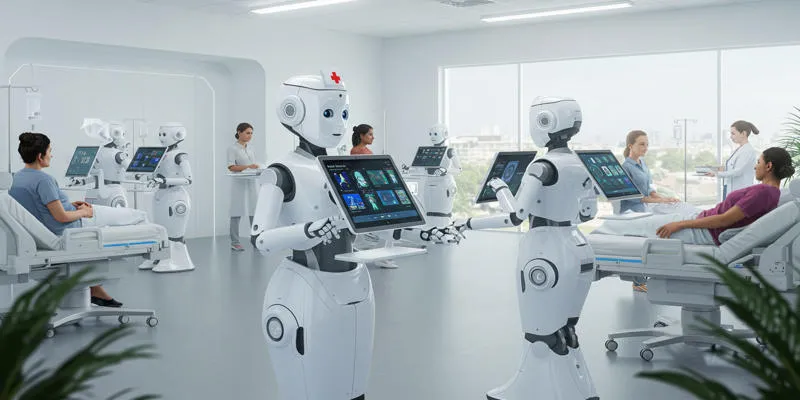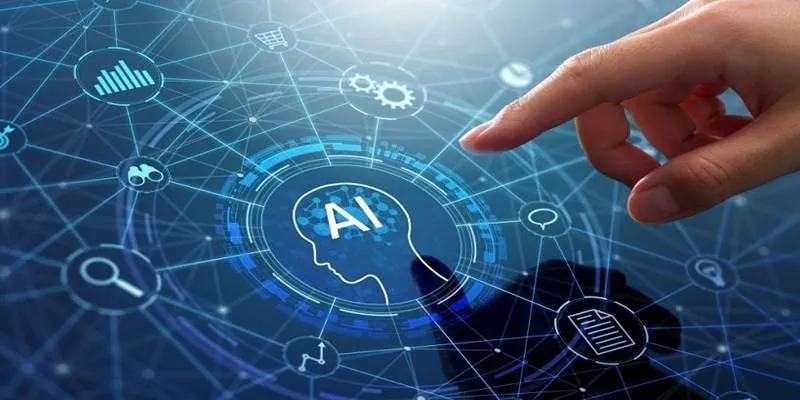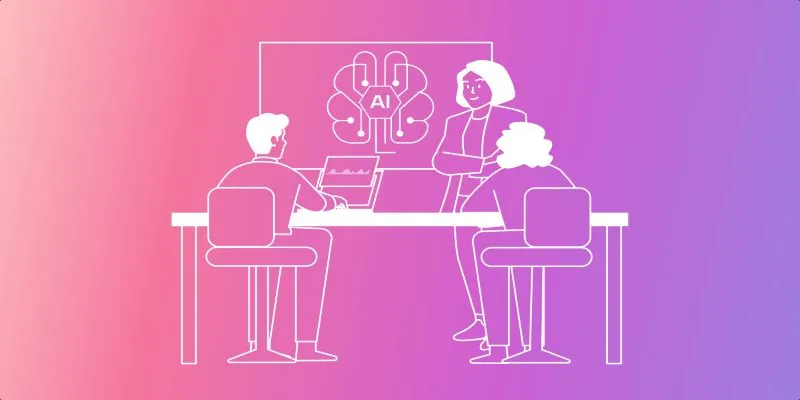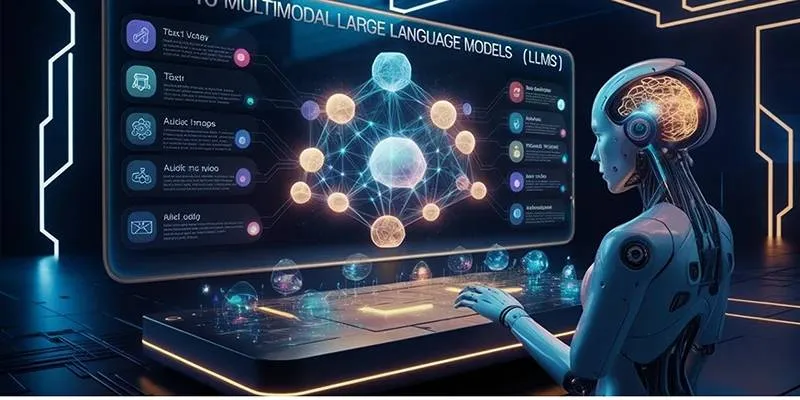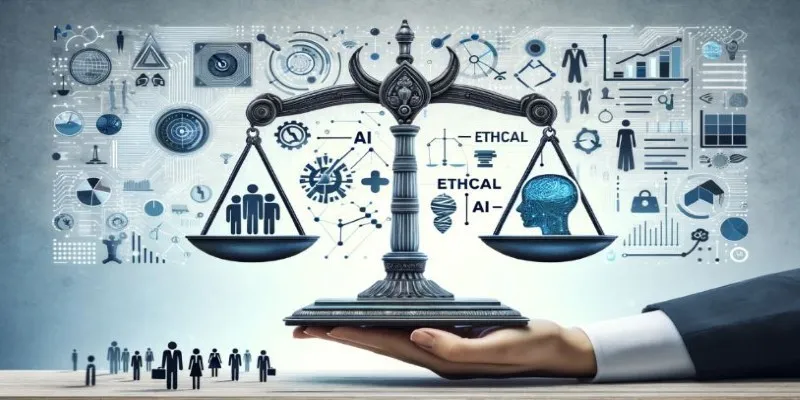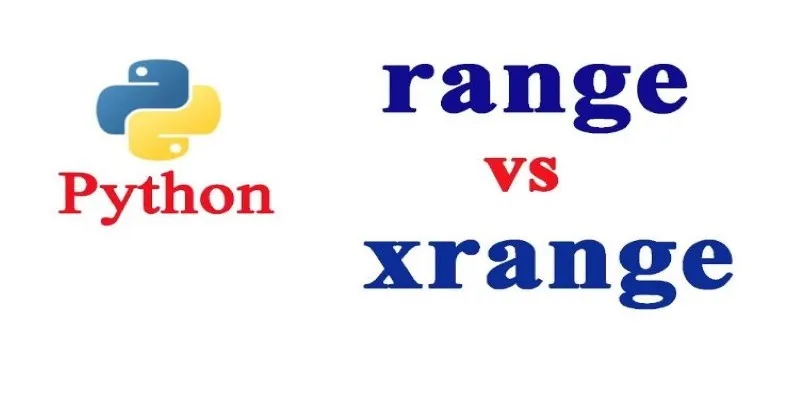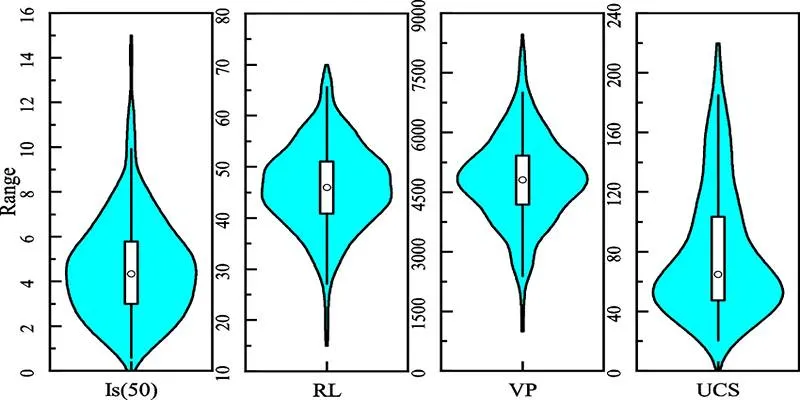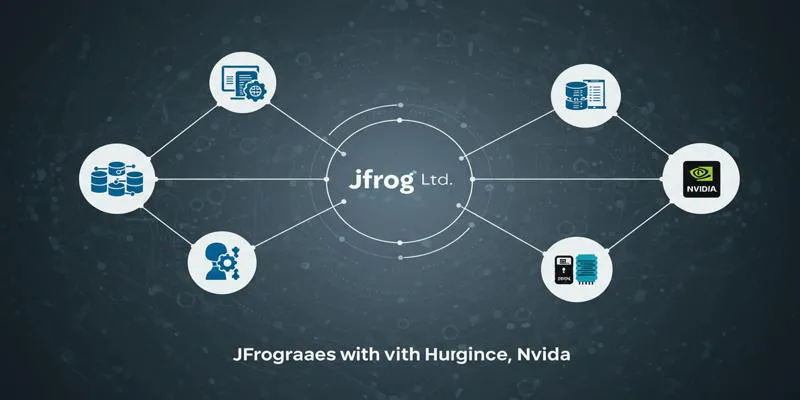The use of AI and emerging technologies is rapidly transforming Africa’s digital landscape. These advancements are unlocking new economic opportunities, fostering innovation, and reshaping traditional sectors such as finance, healthcare, and agriculture. Machine learning is enhancing business efficiency, while digital technology is providing millions with access to essential services. With the right policies, investments, and infrastructure, AI has the potential to bridge the economic divide and establish Africa as a technological powerhouse. However, challenges such as digital inclusion, legal frameworks, and workforce training must be addressed to ensure that all demographic groups benefit from this digital transformation.

The Role of AI in Africa’s Economic Growth
AI-Powered Innovation and Startups
Artificial intelligence is swiftly transforming various sectors in Africa, particularly startups. Entrepreneurs are leveraging AI to develop solutions for societal challenges, such as disease diagnosis, funding access, and transportation. Businesses integrating AI technologies are attracting investors, positioning Africa as a leader in tech-driven business. For example, fintech startups use AI to combat fraud and enhance customer support, making banking more accessible. By continuing to invest in AI research and development, Africa can achieve a digital economy with global reach.
AI’s Impact on Job Creation and Workforce Development
While automation poses a threat to global employment, it also creates new job opportunities in Africa. Industries utilizing AI require skilled professionals in data science, software development, and AI ethics. Both public and private sectors are funding programs to equip employees for the new job market. Additionally, AI can boost productivity in manufacturing and agriculture, thereby strengthening the economy. Despite potential risks, AI can improve automation for the middle class, leading to task reallocation and shifting workers from low-end jobs to more valuable digital roles, promoting upward mobility.
Boosting Agriculture With AI Solutions
Agriculture is a cornerstone of many African economies, and AI is revolutionizing this sector. Precision farming, supported by advanced technologies, aids farmers in making informed decisions about irrigation, weather forecasting, and disease management. Machine learning models assess soil quality to enhance crop productivity. AI-driven supply chain management reduces post-harvest losses through improved logistics and storage, contributing to food security and profitability for small-scale farmers, thus driving economic growth. The integration of emerging technologies in African agriculture promises to enhance the sector’s growth and sustainability.
Emerging Technologies Transforming Africa’s Industries
Fintech and Digital Banking Innovations
AI is transforming Africa’s financial markets through fintech innovations. Many Africans, especially in rural areas, lack access to traditional banking facilities. Mobile banking and digital payment services bridge this gap by providing secure and convenient transaction methods. Machine learning enhances credit scoring, enabling small businesses and individuals to secure loans. It also improves fraud detection and cybersecurity. The development of the fintech sector is crucial for Africa’s digitalization and financial accessibility.
AI in Healthcare and Public Services
AI is revolutionizing healthcare in Africa by improving diagnosis, treatment, and patient management. Machine learning aids in early detection of diseases like tuberculosis and malaria, increasing cure rates. Telemedicine connects patients in remote areas with healthcare professionals, overcoming geographical barriers. Governments are integrating AI into public services to enhance efficiency, automate service delivery, and engage citizens more effectively.

Smart Cities and Infrastructure Development
AI plays a crucial role in developing smart cities across Africa. It reduces traffic congestion by analyzing traffic patterns and optimizing road networks. IoT devices and AI algorithms improve energy efficiency by automating electricity and water supply. AI-powered surveillance and predictive analytics enhance public security by anticipating security risks. These advancements support urbanization and sustainable city development, enabling Africa to build long-term, effective infrastructure.
Conclusion
AI and emerging technologies are revolutionizing Africa’s economy, integrating into critical sectors like agriculture, healthcare, and finance. Embracing AI presents an opportunity for Africa to enhance business efficiency and economic growth. However, challenges such as digital access, workforce development, and ethical considerations must be addressed to ensure sustainability. By liberalizing and regulating the information technology sector, Africa can improve quality of life, promote job creation, and establish itself as a technology hub. The future of AI in Africa holds significant potential for economic and social development across the continent.
 zfn9
zfn9









